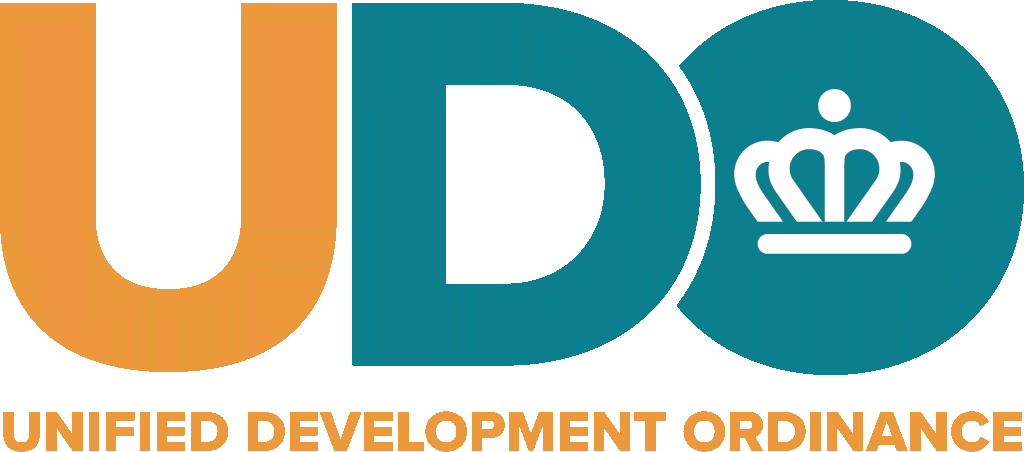Originally published on February 2025 by Moore & Van Allen.
NAIOP Charlotte Member and Moore & Van Allen's Head of Environmental, Mary Katherine Stukes, was named to the 2025 Lawdragon 500 Leading Environmental Lawyers – The Green 500 guide.
Originally published on February 2025 by Moore & Van Allen.
NAIOP Charlotte Member and Moore & Van Allen's Head of Environmental, Mary Katherine Stukes, was named to the 2025 Lawdragon 500 Leading Environmental Lawyers – The Green 500 guide.
Last week, the U.S. Senate passed the Inflation Reduction Act of 2022, a $740 billion budget reconciliation measure with provisions to address climate change and energy security, extend federal healthcare subsidies, and allow Medicare to negotiate prescription drug prices. As we informed you last week, the bill, which had been negotiated by Senate Majority Leader Charles Schumer (D-NY) and Senator Joe Manchin (D-WV), contained a proposal changing the taxation of carried interests that would have harmed the commercial real estate industry and real estate entrepreneurs.
When the Schumer-Manchin agreement was announced, NAIOP and NAIOP Arizona, along with our national real estate allies, mobilized to support Senator Kyrsten Sinema (D-AZ) in her efforts to oppose the proposed changes to carried interest. In order to ensure her vote, the proposal was dropped from the bill before the legislation was brought up for floor debate.
Last week, NAIOP members met with City Council Candidates Dimple Ajmera and Marjorie Molina to discuss important issues impacting Charlotte’s CRE industry.
Compiled from REBIC, staff reports
REBIC’s Rob Nanfelt reported Tuesday that the City’s Planning Committee is taking up the matter of the proposed Unified Development Ordinance. Next month, committee members will take any additional recommendations before the third/final draft.

On Monday, Charlotte's proposed Unified Development Ordinance (UDO) public hearing took place in the City Council Chambers.
June 23, 2022: More than 100 commercial real estate professionals registered to hear a panel of local industry professionals share their feedback on the latest draft of Charlotte’s Unified Development Ordinance (UDO). Roger Manley (BB+M Architecture), Jon Morris (Beacon Partners), Tim Sittema (Crosland Southeast) and moderator Rob Nanfelt (REBIC) discussed their participation and impacts the new ordinance will have on the future of commercial real estate development.
Members from NAIOP’s three chapters in North Carolina traveled to Raleigh last week to advance the priorities of the commercial real estate development industry in meetings with state lawmakers. The top priority for NAIOP of North Carolina, the state alliance of NAIOP chapters, is the passage and enactment of House Bill 291, permit reform legislation sponsored by State Representative Jeff Zenger.
Local building permits are an essential and fundamental requirement for the development and improvement of commercial and residential properties. However, the processes for obtaining these permits can vary by city and county in North Carolina. These variations lead to uncertainties and delays in projects moving forward, which can impact the costs, financing and contractional relationships with contractors and providers of construction equipment and materials.